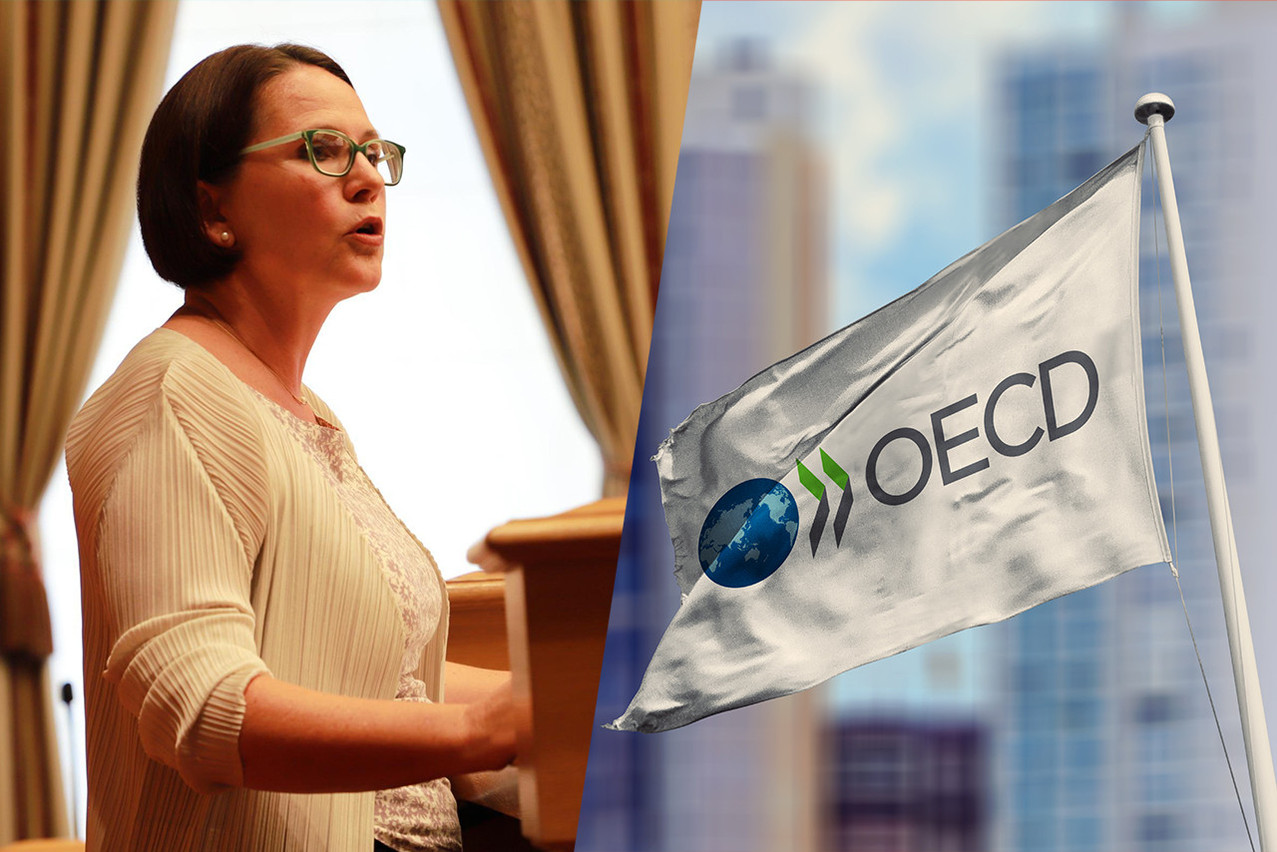The Organisation for Economic Co-operation and Development (OECD) in to address tax challenges related to the digitalisation and globalisation of the economy. These rules are meant to ensure that multinational enterprises with revenues more than €750m are subject to a . More than 135 countries and jurisdictions agreed to the framework in October 2021.
The bill approved by Luxembourg’s government council on 28 July aims to implement the second pillar of this tax reform. Pillar Two consists of the application of an additional tax on profits made in a jurisdiction where the tax rate of a multinational group is lower than the minimum required rate.
“From the start, Luxembourg has been fully engaged at OECD and EU level and has played a constructive role in the implementation of Pillar Two of the international tax reform,” said finance minister (DP) in a . “With the transposition of the corresponding directive into national law, Luxembourg underlines its commitment to tax fairness and the establishment of a level-playing-field in this area.”
Two new taxes in Luxembourg law
Pillar Two has two elements, according to the OECD. The first includes two domestic rules--the income inclusion rule (IIR) and the undertaxed payment rule (UTPR)--which together make up the global anti-base erosion (Globe) rules. Base erosion is a tax planning strategy that can be used by multinationals to avoid paying tax. The second element is the subject to tax rule (STTR), a treaty-based rule “that allows source jurisdictions to impose limited source taxation on certain related party payments subject to tax below a minimum rate.”
To implement the effective minimum tax level of 15%, Luxembourg’s draft law will introduce two new taxes: the income inclusion rule and the undertaxed payment rule, explained the government’s press release.
The IIR is generally applied by the parent entity in relation to an additional tax amount determined for the constituent entities held--either directly or indirectly--by the parent entity, explained the finance ministry’s press release.
Furthermore, the undertaxed payment rule (UTPR) can be considered as a “safety net” for the IIR. The residual amount of the total amount of complementary tax determined for a group which has not yet been subject to the application of the IIR is reattributed in order to apply the UTPR to jurisdictions in which the group’s constituent entities are located.
The draft law will have detailed rules to determine the tax base that will be used to calculate the profit and loss of a constituent entity, said the government. This will allow the comparison of effective tax rates for each jurisdiction in which constituent entities of a group are located.
Plans to implement qualified domestic top-up tax
The European directive--formally adopted in December 2022 and which member states must implement by 31 December 2023--also permits EU countries to put in place a qualified complementary national tax. Luxembourg plans to implement a qualified domestic top-up tax through its draft law, said the press release.
This would apply in case an enterprise’s effective tax rate under the Globe rules falls below 15% and would ensure that the additional tax that is imposed in order to bring that rate up to 15% would be payable in Luxembourg, according to a . This domestic top-up tax thus allows a low-tax member state to tax its own low-taxed profits so that other jurisdictions don’t levy a top-up tax on an enterprise’s profits, .
The bill’s legislative procedure will be launched in Luxembourg’s Chamber of Deputies in the coming days, noted the government’s communiqué.
